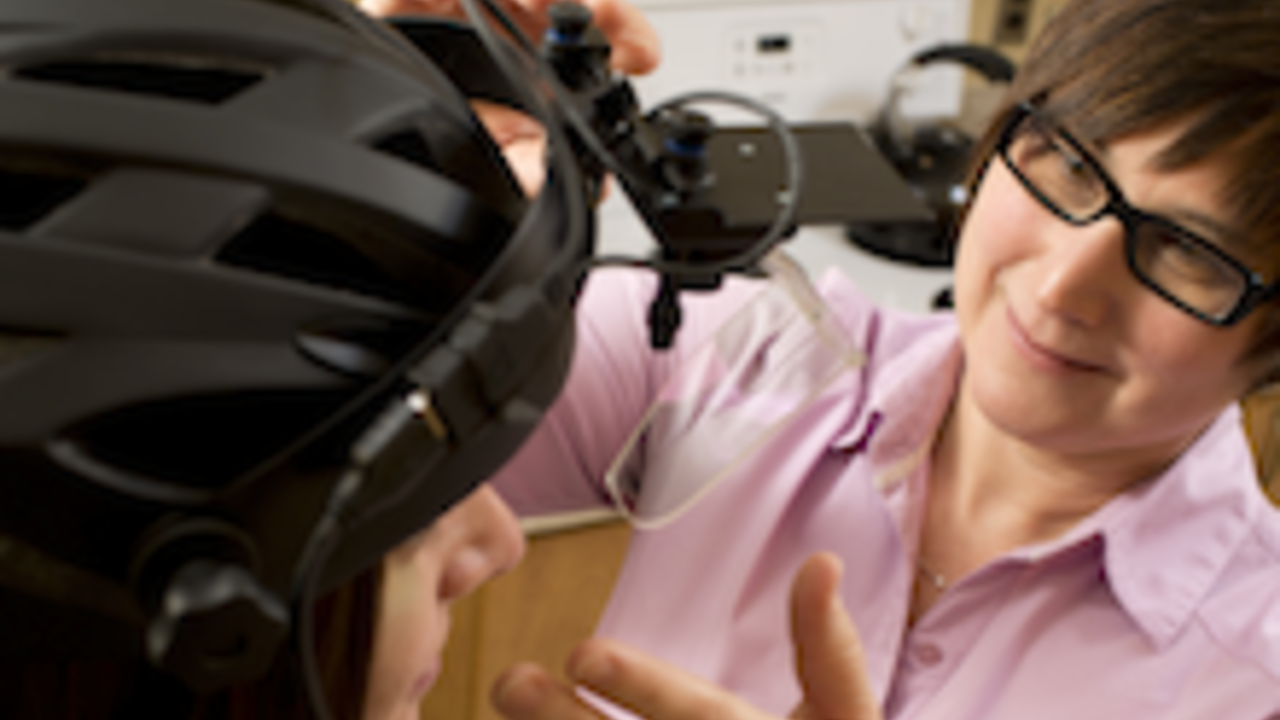
For most people, it’s a cautionary quirk, a redundancy that makes them feel safer. For some, however, it’s a trap. They do a task, such as hand-washing, over and over again, their minds caught in a debilitating loop known as an obsessive-compulsive disorder (OCD).
“We understand why they check once. We kind of understand why they check twice, but why do they keep checking after that?” says Christine Purdon, a clinical psychology professor at Waterloo, well known for her research into OCD.
Hope for better treatment drives the research into the disorder in the psychology department at the University of Waterloo. Here, 800 students and 100 graduate students work with acclaimed academics in six major areas: clinical, cognitive, cognitive neuroscience, developmental, industrial/ organizational, and social.
It also houses Waterloo’s Centre for Mental Health Research, where professors and senior PhD students help treat adults, teens and children.
To look into OCD, Purdon created a kitchen, the kind of place where sufferers are likely to experience repetitive loops involving cooking and appliances. Research participants wear eye trackers to monitor the objects they see and fixate on.
So far, the research indicates that the more often a participant looks at an object, the less sure he is that he has checked it properly, leading to a cycle of doubt and anxiety that keeps turning and turning.
“This can really help people with OCD make sense of their experience, and begin to understand that the strong ‘need’ to redo the check is a false alarm,” Purdon says.









